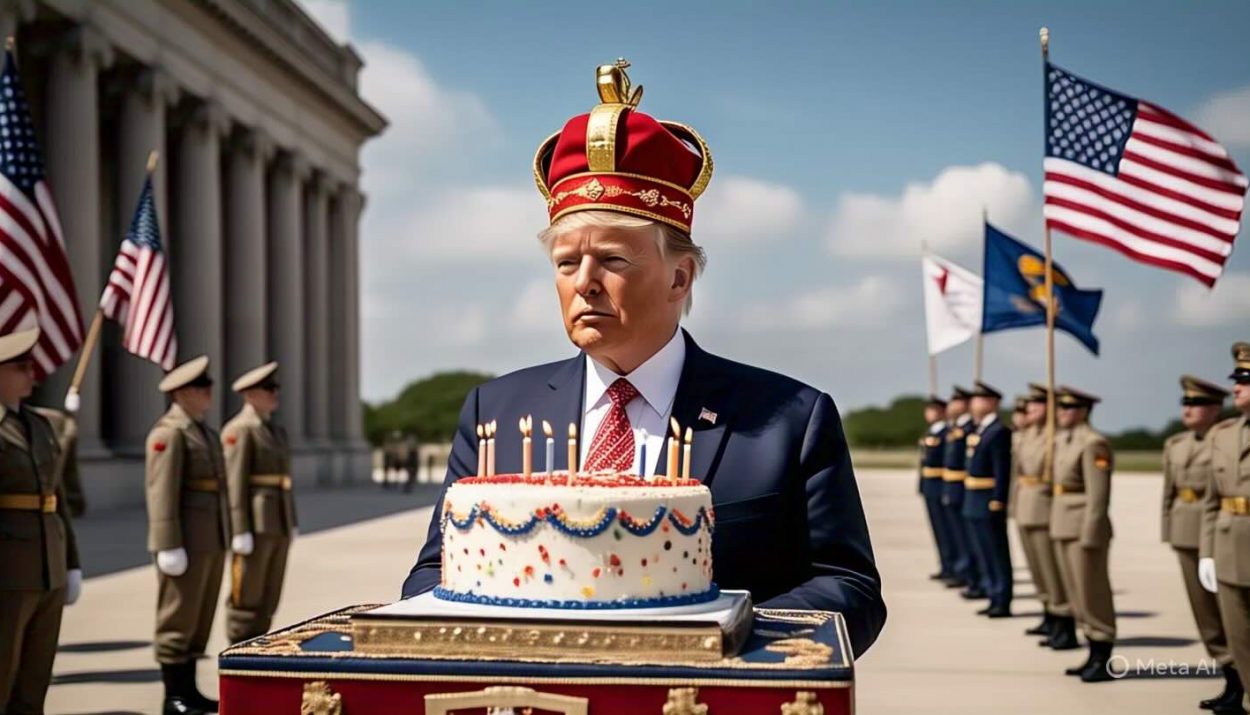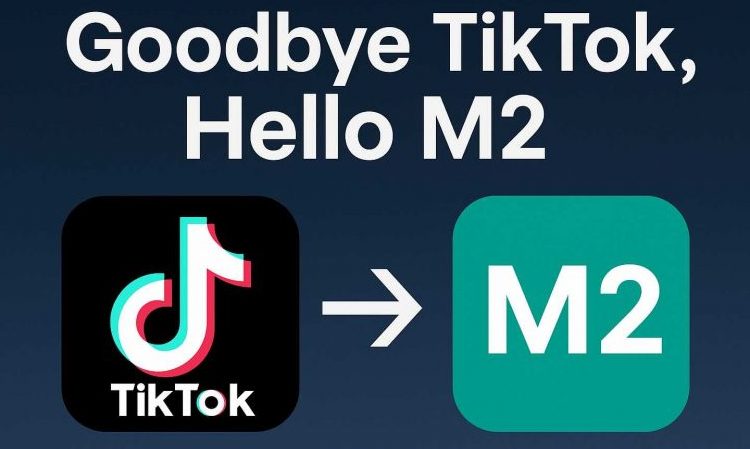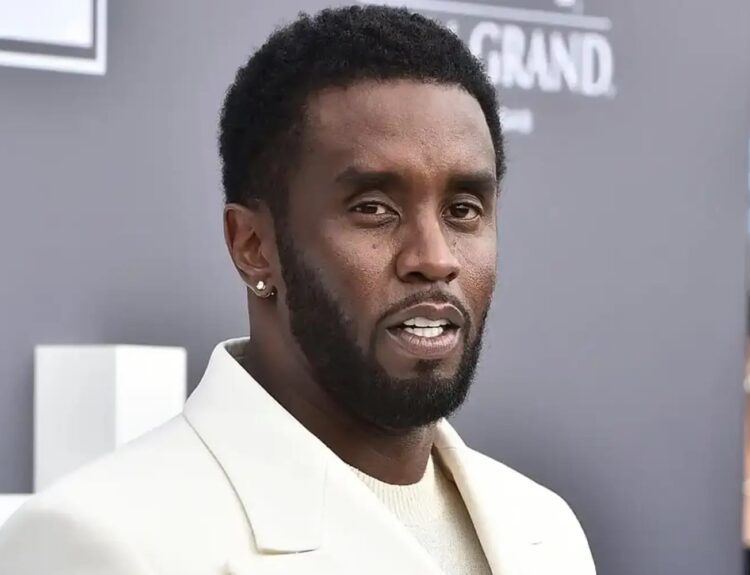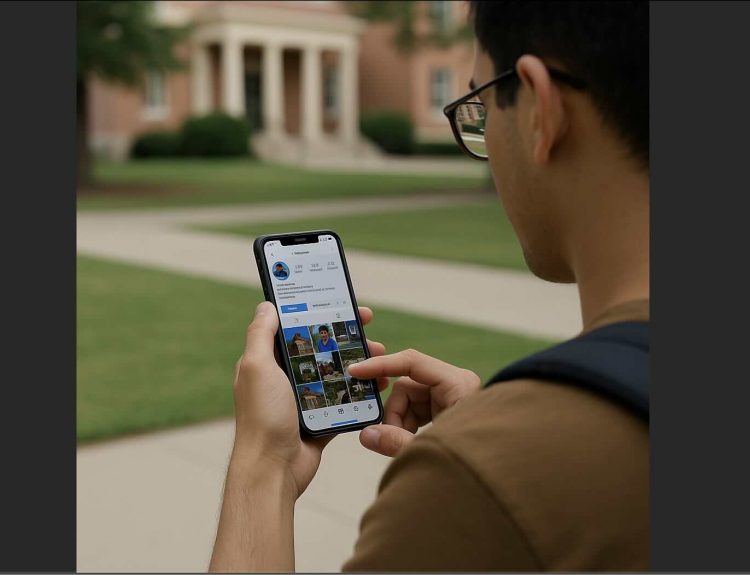WASHINGTON —
In a spectacle that has drawn both fervent supporters and fierce critics, President Donald Trump celebrated his 79th birthday with a full-scale military parade on June 14 — now mockingly dubbed “King’s Day” by protestors and political analysts alike. While the official purpose was to honor the U.S. Army’s 250th anniversary, the scale, symbolism, and timing of the event have raised serious questions about authoritarian imagery, political intent, and constitutional boundaries.
What Was “King’s Day”?
The event featured more than 6,700 active-duty soldiers, nearly 150 military vehicles, and 50 military aircraft that roared above Washington’s National Mall. Estimated to cost around $45 million, the parade was the largest military display on American soil in modern history.
President Trump appeared center-stage alongside hand-picked supporters and GOP allies, saluting the troops in front of a massive gold-adorned platform. Chants of “USA! USA!” echoed through the streets — while just blocks away, thousands of protestors rallied against what they described as a dangerous flirtation with dictatorship.
The term “King’s Day” quickly trended on social media as a sarcastic label — reflecting fears that the parade symbolized a shift away from democratic norms toward autocratic pageantry.
@abcnews “For those people that want to protest … they will be met with very heavy force.” President Trump warned potential protesters ahead of the military parade on Saturday, which will honor the 250th birthday of the Army and coincides with Trump's 79th birthday. #trump #troops #protesting #news #abcnews ♬ original sound – ABC News
Protests Nationwide: ‘No Kings in America’
The most significant resistance came from a coordinated grassroots movement branded “No Kings Day.” Over 2,000 protests were organized across major U.S. cities, including Los Angeles, Atlanta, New York, Houston, and Detroit.
In Houston alone, more than 15,000 protestors filled downtown streets, waving banners that read “Democracy, Not Dynasty” and “No Trump, No Kings.” In Los Angeles, tensions were already high due to an ongoing dispute over Trump’s deployment of federal troops without state approval (more on that below).
Protest organizers cited the militarization of a birthday celebration as “blatant political theater,” designed to elevate Trump rather than honor the armed forces.
Veterans and Military Pushback
Surprisingly, opposition to “King’s Day” also came from within the military community. Several veteran organizations condemned the event, arguing that the military should never be politicized.
“This parade feels like a loyalty demonstration, not a celebration of our service,” said Lt. Col. (Ret.) James Harvey, a former Army officer.
A poll conducted by Veterans United earlier this week found that 72% of veterans surveyed opposed the use of active-duty military in political events.
The Legal and Constitutional Backlash
Trump’s critics are not just concerned about optics — they’re warning about the legal implications of blending the military with political performance.
Constitutional law experts point to the Posse Comitatus Act, which limits the federal government’s ability to use the military for domestic law enforcement purposes. While the parade itself was legal, its overlap with the controversial troop deployments in Los Angeles has drawn fierce scrutiny.
Earlier this week, Trump federalized the California National Guard — without Governor Gavin Newsom’s consent — in response to what he called “recent illegal activity in Los Angeles.” The move prompted immediate legal action, with Judge Charles Breyer issuing a temporary restraining order, calling the deployment an “unlawful overreach of federal authority.”
Why It Matters
The optics of tanks rolling through D.C. while protestors chant “No Kings” evokes chilling parallels to authoritarian regimes. Political analysts argue that the display was not about patriotism — but power projection.
“When a leader uses the military to commemorate his own birthday, it ceases to be about national pride and starts looking like a personality cult,” said Dr. Lila Ramirez, a political science professor at Georgetown University.
If allowed to stand, this parade — and the accompanying military deployments — could set a precedent for future administrations to blur the line between public service and political spectacle.
Looking Ahead
The legal battle over Trump’s troop deployment in California will continue next week in the Ninth Circuit Court of Appeals. Depending on the outcome, it could reshape how the federal government is allowed to deploy the military domestically — especially during peacetime.
Meanwhile, the public remains deeply divided. For some, “King’s Day” was a show of strength and pride. For others, it was a red flag for the health of American democracy.
The Bottom Line
“The truth behind Donald Trump’s King’s Day” is that it was far more than a birthday party or military celebration. It was a political performance, drenched in symbolism and shadowed by legal controversy. Whether remembered as a patriotic moment or a constitutional warning sign, one thing is clear: America is at a crossroads — and the world is watching.






